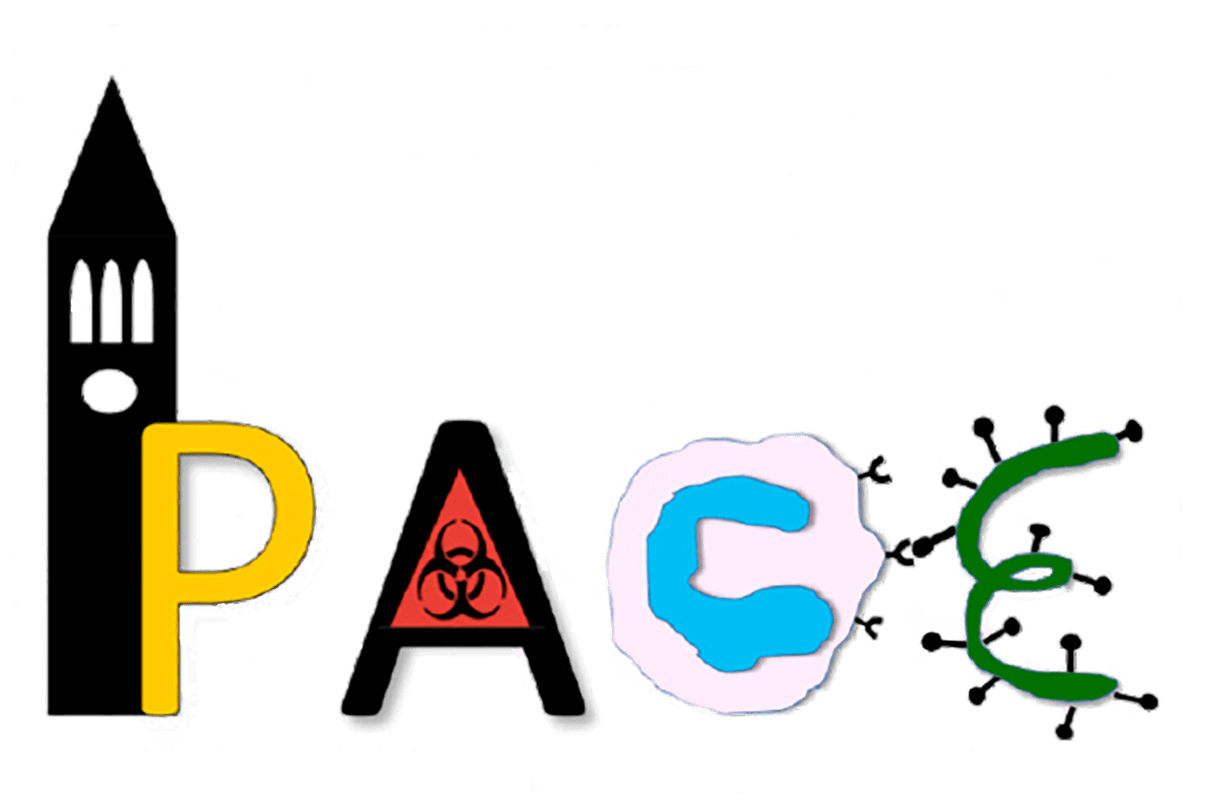Visiting Scholar Program
Highly successful proposals to the NIH require cutting-edge techniques and multiple collaborators, which expand the scope and impact of the research findings. PACE offers small-grant opportunities for participants to establish collaborations or learn new techniques.
Available Opportunities
Visit an outside lab
PACE participants can visit an outside lab to obtain
high-level training in a new technology, specialized database, or equipment to elevate their research program and increase the likelihood of obtaining NIH funding. Visits are also meant to increase collaborative networking opportunities.
Take an online course
PACE would like to extend the opportunity for you or your designated trainee to take an online class. Should the PI choose this option, a description of the need for the trainee to attend the course must be provided.
Can’t attend? Send a trainee!
If the PACE participant or PI is unable to visit an outside lab or take a course due to other obligations, they may designate a senior graduate student or postdoctoral trainee who is a U.S. citizen or Green Card holder to attend in their place. We particularly encourage trainees from disadvantaged or historically excluded racial and ethnic backgrounds to be chosen as designees and for postdoctoral trainees to become a Cornell Rising Star.
Budget
For lab visits, PACE will cover travel (airfare, car mileage, etc.) and housing for typically up to two weeks. Grants are generally limited to $3,000. These funds will not cover lab expenses, which should be funded by either the PACE participant (i.e. startup or discretionary funds) or by the host lab.
If requested, PACE can assist with your travel arrangements, and additional expenditures will be reimbursed after your return, up to the budget limit. Meals and lodging are based on current per diem rates, which can be found on the U.S. General Services Administration (GSA) website. If the traveler’s financial need exceeds PACE’s allowable funds, they will need to cover the costs from other sources.
We sincerely appreciate efforts to minimize travel expenses.
How to Apply
Applications are considered on a rolling basis. Funds will be available immediately upon selection but depend on current Cornell and regional travel policies/restrictions. Please allow sufficient time for the evaluation of the application.
Required application materials
To apply, please send an email to pace@cornell.edu with the completed Visiting Scholar Application and the following documents attached.
1) Statement of justification and activities timeline
Please provide a 1-2 page document describing the following:
-
-
- Research interests
- Description of intended activities
- Timeline of intended activities
- How will this grant benefit the applicant’s research program, and make the PI more competitive for NIH funding, in ways that would otherwise not be possible.
- If a designee is traveling, please indicate where that trainee is in their training, and how their travel is the best use of funds.
-
2) An itemized budget
3) Host lab commitment
Letter from the host lab PI, including:
-
-
- Host lab PI’s CV
- Present federal funding support (if not included in the CV)
- Letter of support by host lab PI assuring time and space for the participant, as well as the feasibility of technique transfer, and long term potential of interaction with participant
-
Criteria used to evaluate applications
- Advancement of the participant’s research program to make it highly competitive for NIH funding
- Appropriateness of the activities proposed by the applicant
- Federal funding of the host lab (NIH preferred, but not required)
Reporting requirements
Upon returning from the Visiting Scholar experience, the participant is required to submit a report along with their request for reimbursement for expenses. This report should include a 1-2 page narrative by the participant (and designee) describing:
- What new techniques/information was brought back to the lab
- How it will improve a current or future grant application
- A description of any preliminary data obtained
Reimbursement requests must be submitted within 30 days post-travel.

